Masterfeeds, a major feed supplier to Canadian livestock producers, is poised to merge into a new joint venture with U.S. feed businesses.


Feed company’s 15 Canadian mills to join new U.S./Canada business


Cattle industry documentary pitches rumination as great food waste upcycler
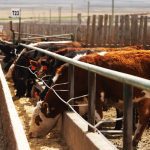

Warm weather means less feed needed, easier movement says analyst
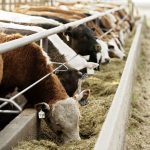
Downside expected in new-crop barley prices
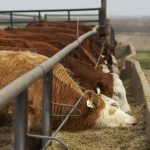
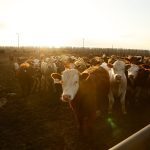
The COVID hangover, more cattle on feed, and lots of labour woes all contributed to a year to forget
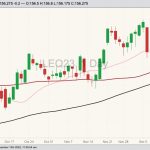
Cow-calf operators seen hesitant to expand
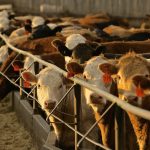
Risk discount built in with adverse weather